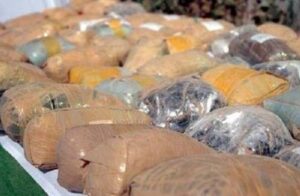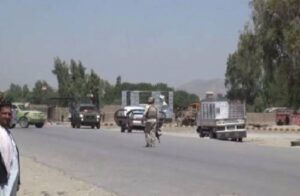
KABUL (SW) – Analysts remain skeptical over release of the Haqqani Network leader, Anas Haqqani, and two other Taliban insurgents from government custody.
A day earlier, President Mohammad Ashraf Ghani confirmed releasing three key Taliban leaders. In a televised address to the nation, President Ghani said the government would conditionally release Haqqani in exchange for the release of two foreign lecturers of the American University of Afghanistan.
Many commentators believe the release of Anas Haqqani is betrayal towards the victims of terrorism and insurgency in the country.
Bismillah Ranjbar, an analyst, said in this connection that the government released Haqqani owing to mounting US pressure. He feared this sets a dangerious precedent of abducting foreigners for the release of more Taliban leaders.
Political analyst, Ahmad Saedi, argued that the release of Anas Haqqani, who has been awarded death sentence thrice, is clear violation of the Constitution. He said the government lacks political independence, and has been forced into this move by the U.S. and Pakistan.
In the meantime, a Wolesi Jirga (lower house) member, Arif Rehmani, said release of Haqqani is a dangerous move considering the death and destruction caused by the group. He dubbed the move as equitant to surrender and paying bribe to the Taliban and the Haqqani Network.
The U.S. has welcomed and expressed support for President Ghani’s “courageous decision” to release three Taliban prisoners. The US Ambassador to Kabul, John Bass expressed hope the Taliban responds to this important humanitarian gesture with its own humanitarian gesture through the release of prisoners they’re holding, particularly Afghan security force prisoners and western prisoners.
American Kevin King and Australian Timothy Weeks were teaching at the AUAF in Kabul before they were seized at gunpoint in Kabul in August 2016.
The NDS forces announced arrest of Haqqani in 2011 from an undisclosed location.
ENDS





